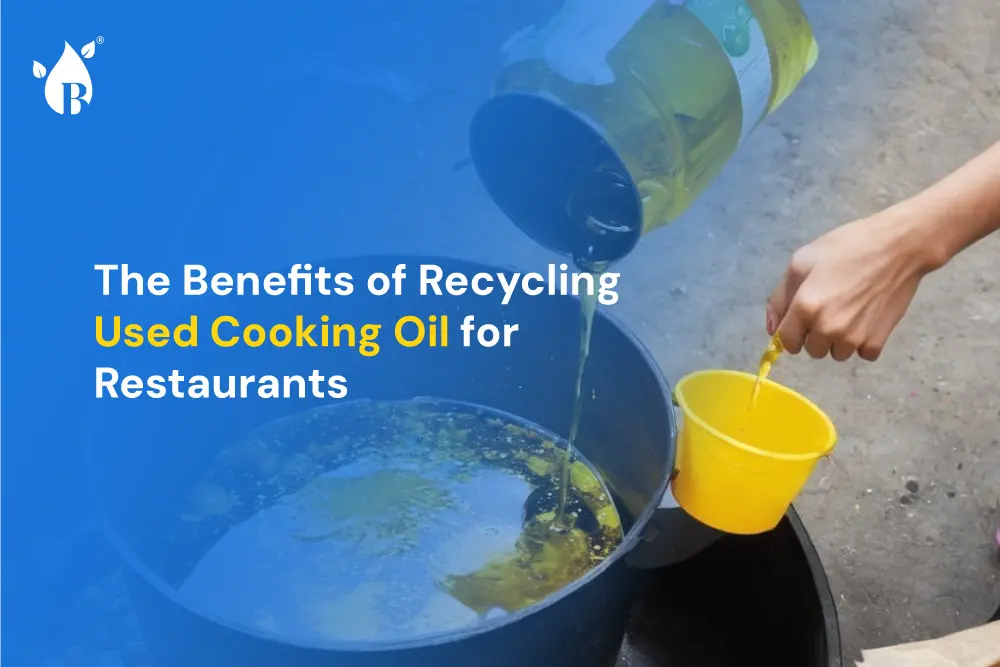
Revenue Generation Through Recycling Used Cooking Oil
Recycling used cooking oil isn’t just about environmental responsibility; it also offers significant financial benefits. By selling their used oil to aggregators, restaurants can earn extra revenue. This process often involves converting the recycled oil into biodiesel, a sustainable energy source that contributes to carbon footprint reduction.
Biodiesel production is a growing sector within the green economy, and used cooking oil is a valuable feedstock for this renewable energy source. Restaurants that participate in recycling used cooking oil can benefit from this market by receiving payment for their waste, turning a cost center into a revenue generator.
The Growing Need for UCO Aggregators
Sustainable Business Practices
The environmental impact of cooking oil waste cannot be underestimated. By choosing to recycle, restaurants contribute to resource management and the reduction of their carbon footprint. This proactive approach is not just beneficial for the environment but also supports the broader objectives of a green economy and circular economy.
Exploring Sustainable Business Ideas
Get Involved
Restaurants interested in exploring this opportunity should seek out reputable used cooking oil aggregators and suppliers. Building partnerships with these entities can streamline the recycling process and maximize the benefits of used cooking oil recycling.



